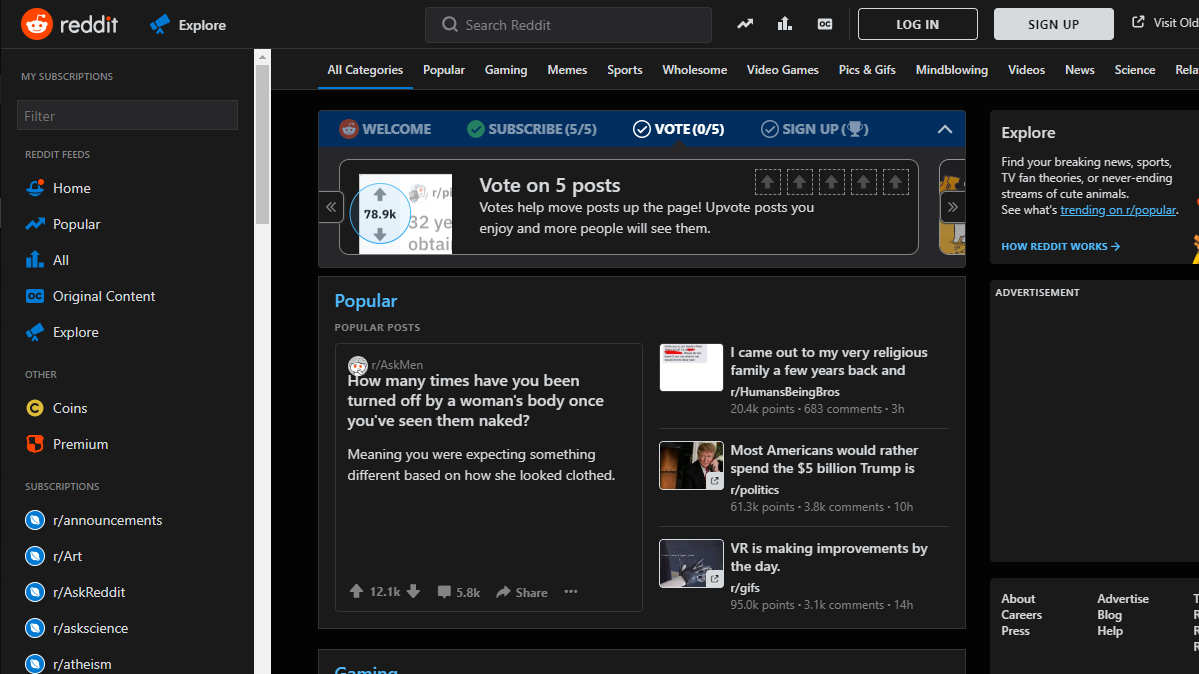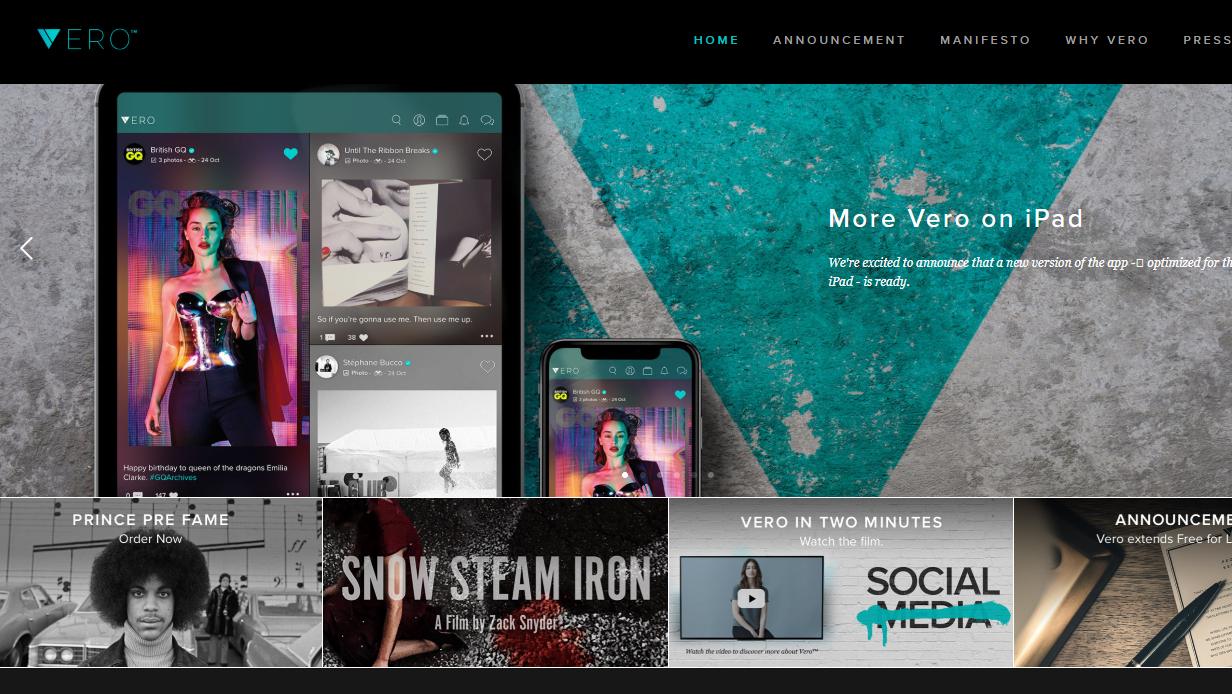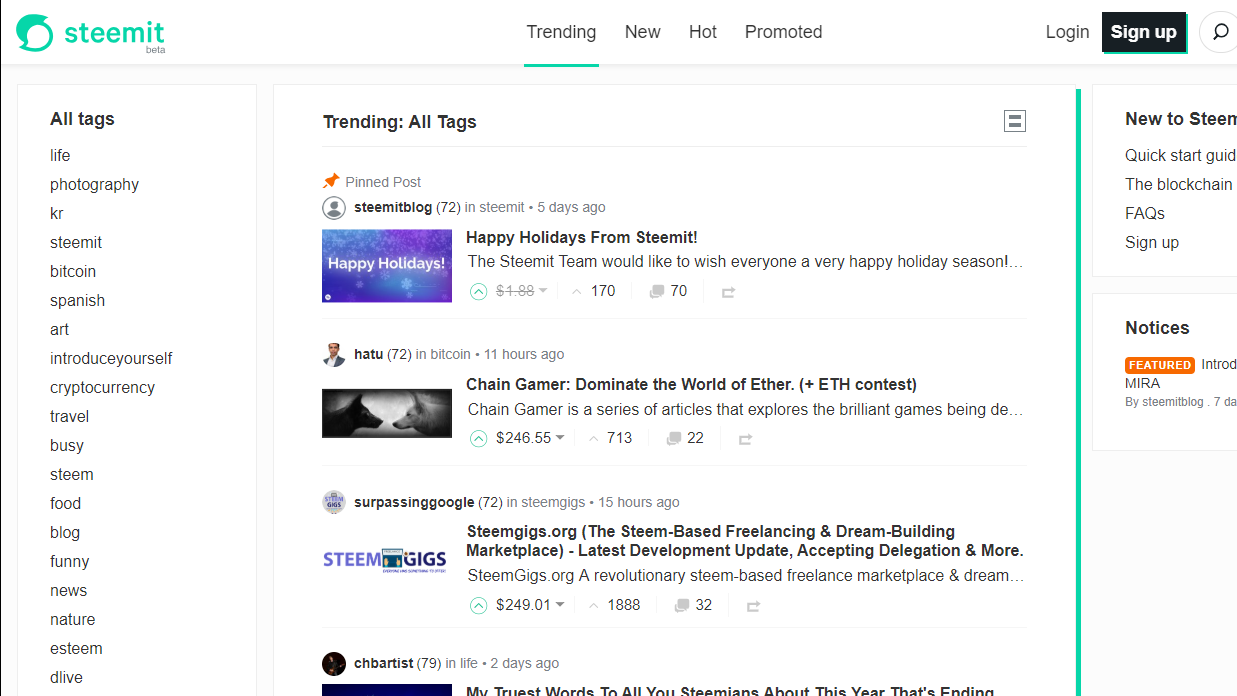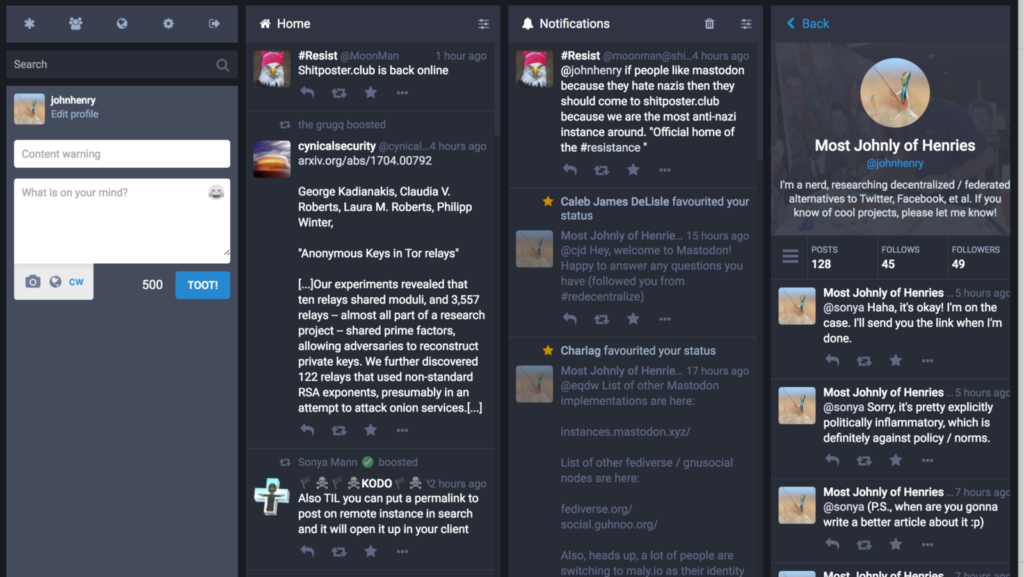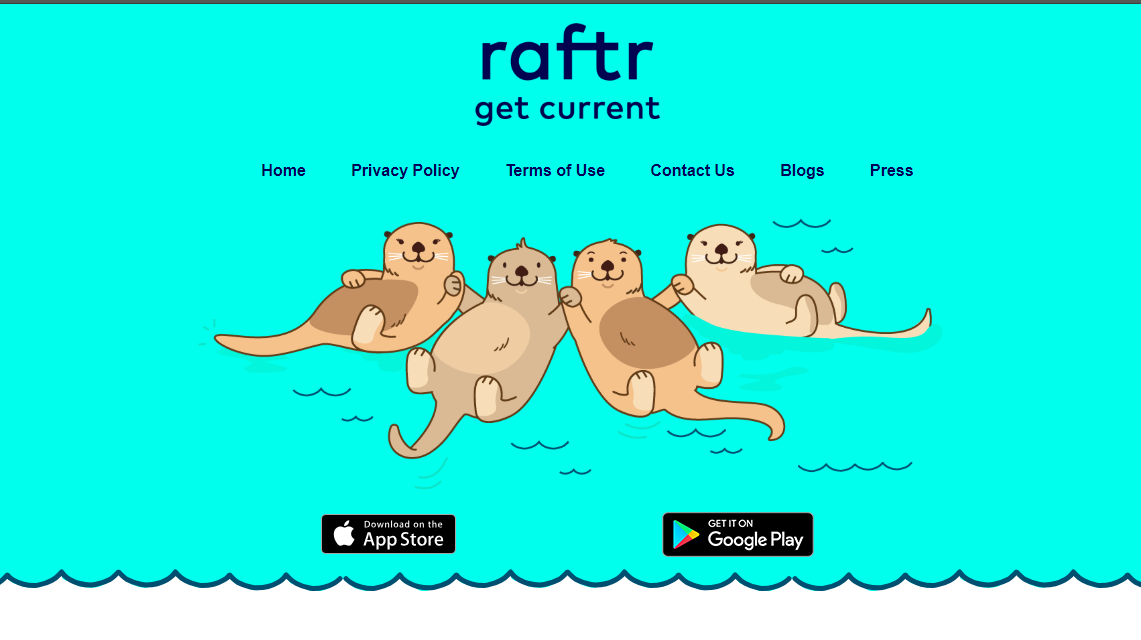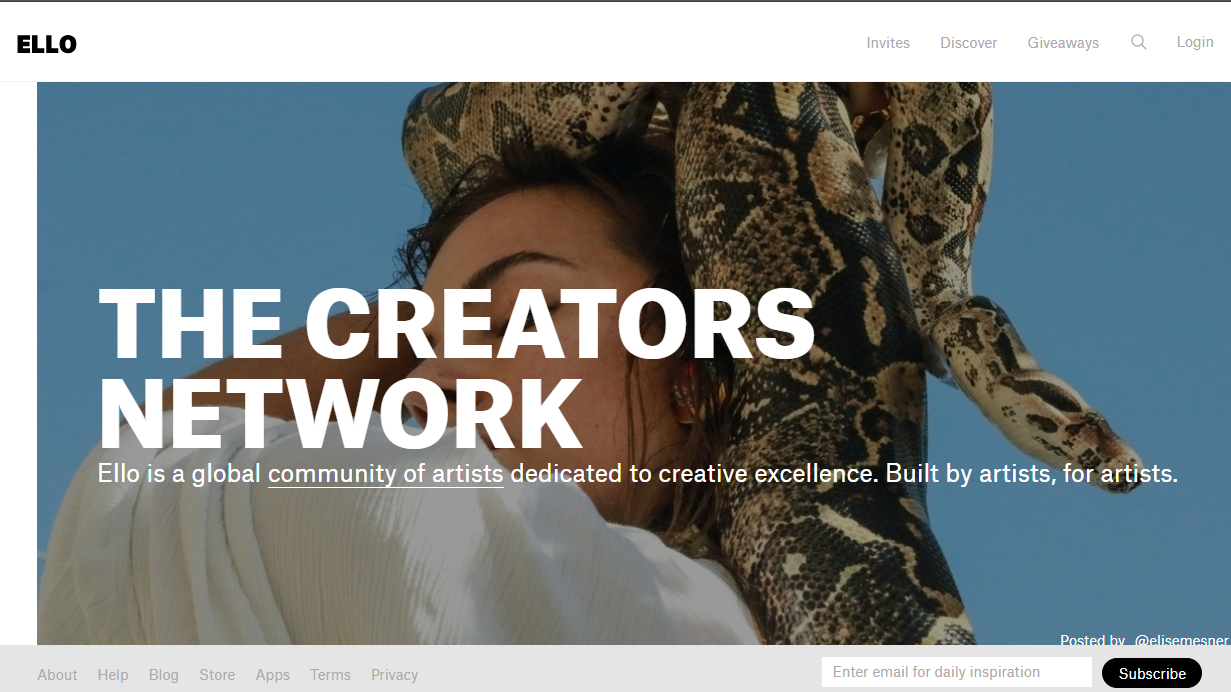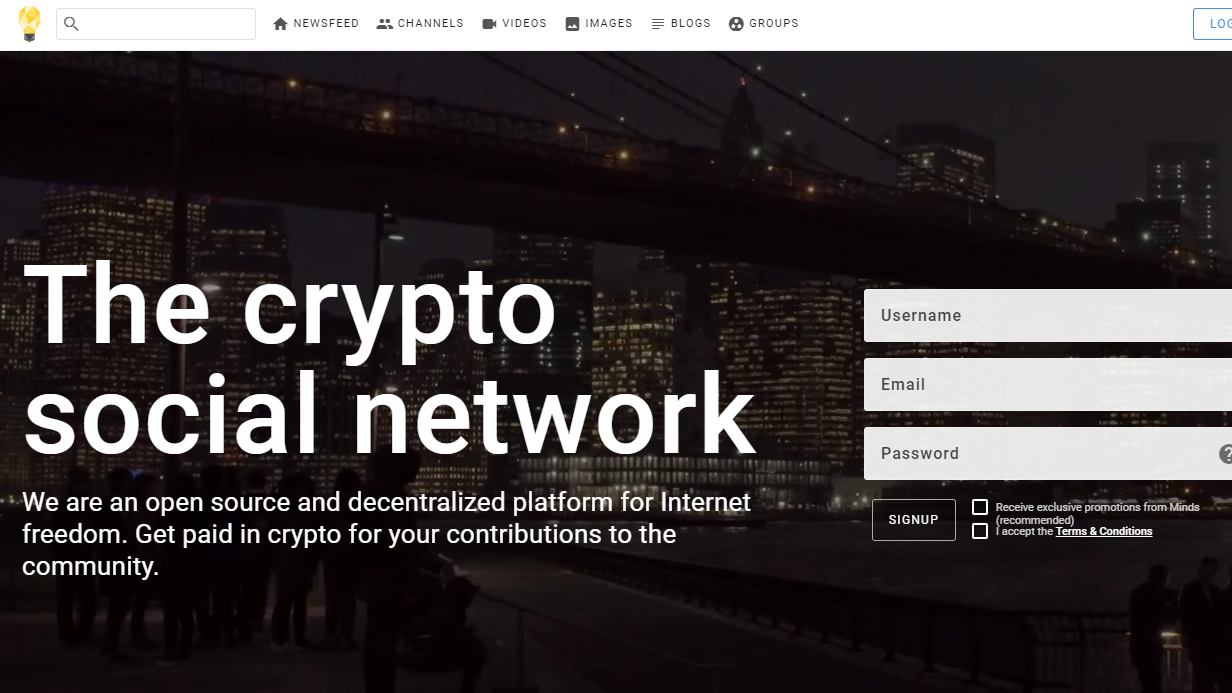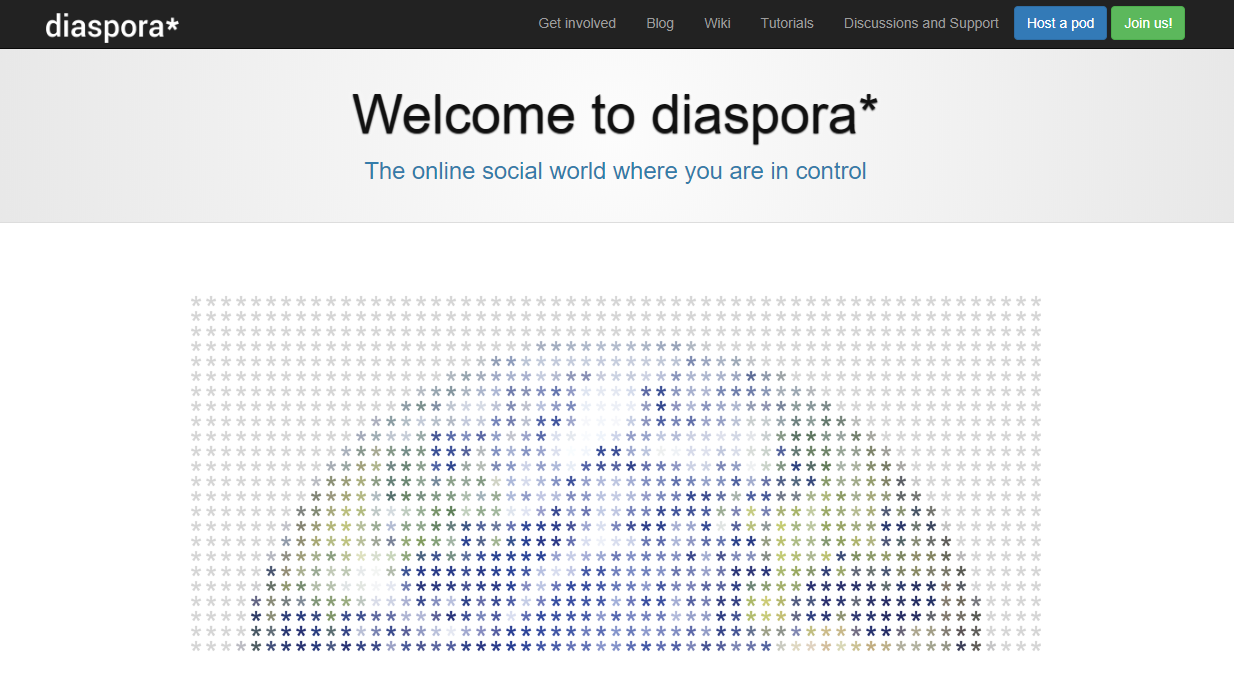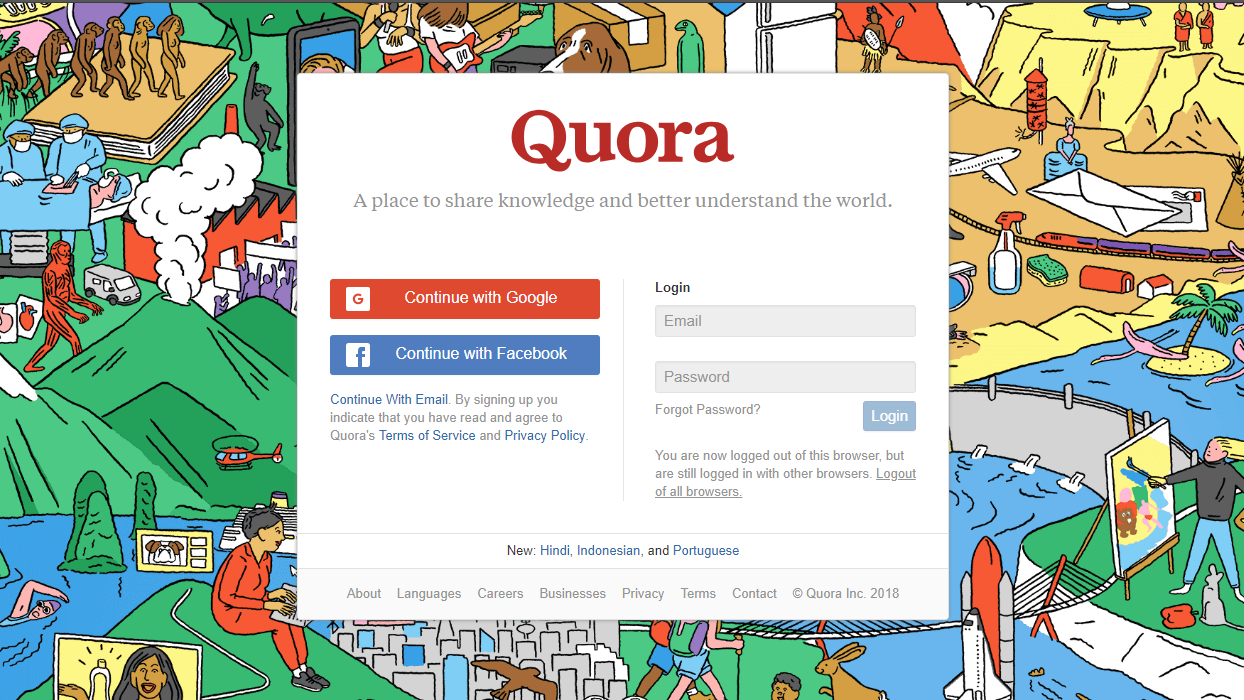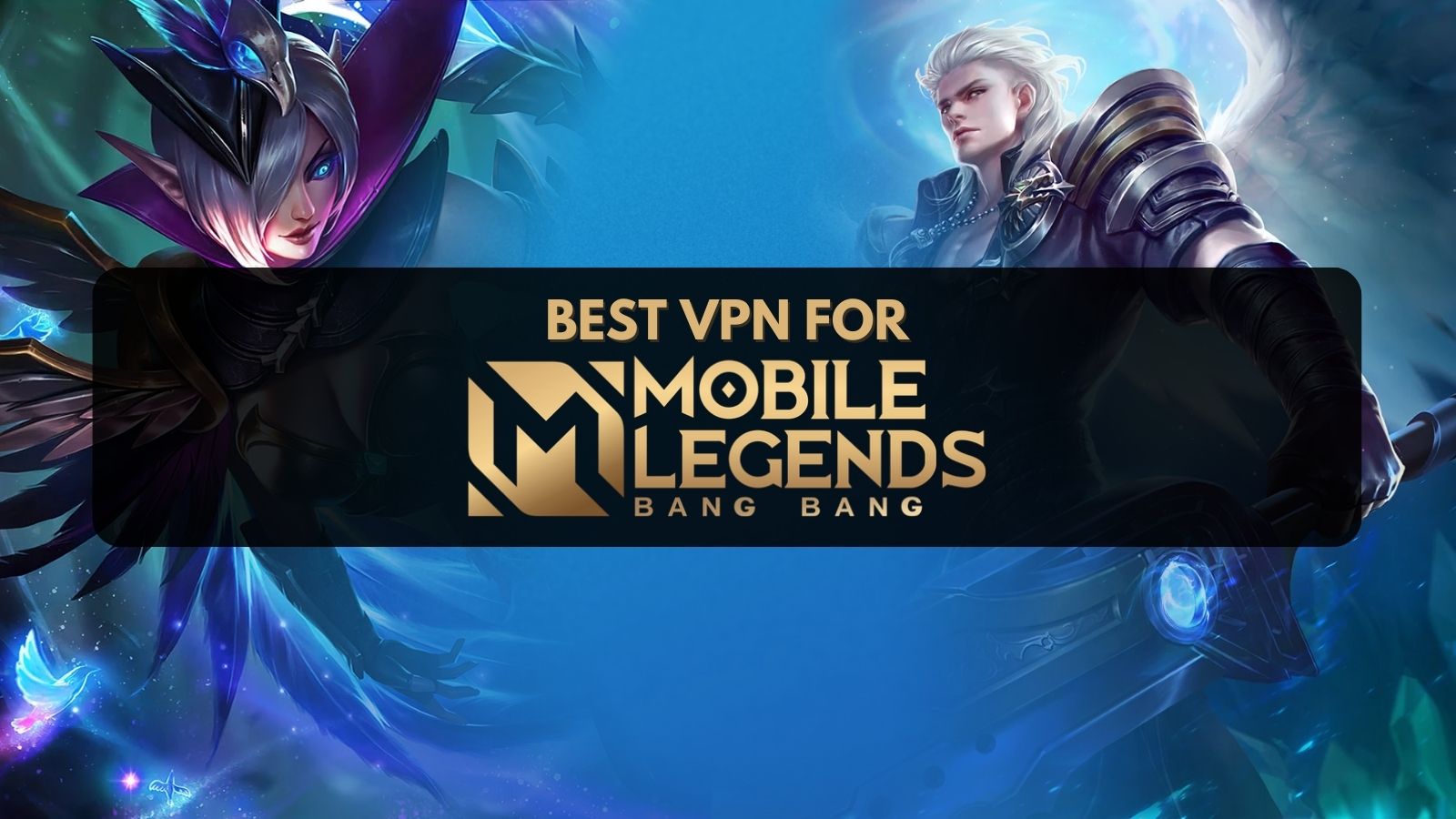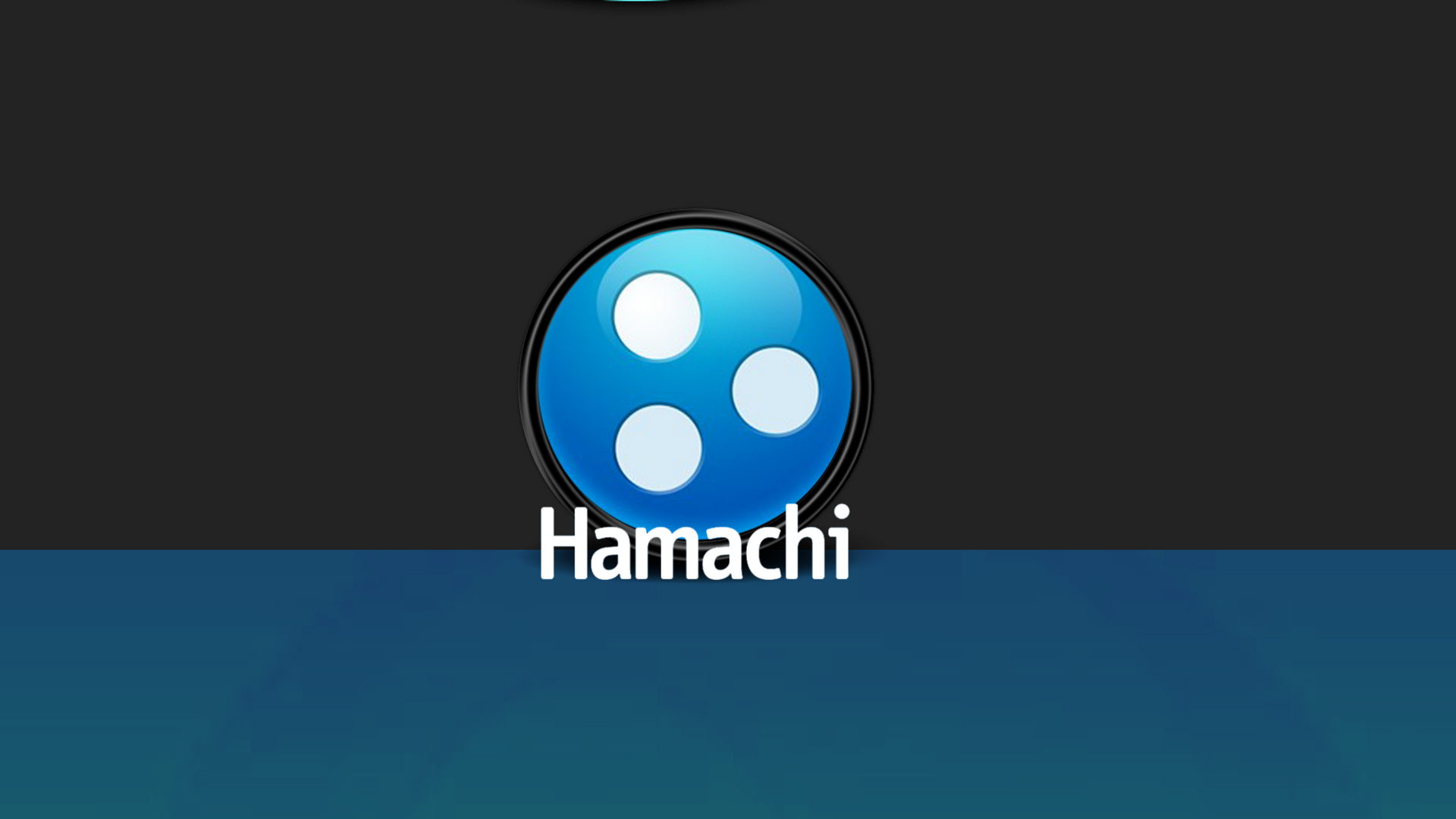
Facebook Alternatives 2019: Social Networks That Won’t Sell Your Data
It’s not news that Facebook is using our data for all sorts of marketing and promotional purposes, although Facebook claims it to be standard practice among internet companies. At Technadu, we have consistently covered this disparity. One of the biggest concerns is the amount of data that Facebook stores in its pocket, which you can check by downloading your data Zip file on Facebook under the ‘Help’ section.
In October 2018, Facebook announced that it deleted about 800 Facebook accounts which were consistently breaking their spam policies. However, the owners of the banned pages were surprised by Facebook's decision and were not sure why they lost control over their pages. This incident, including many other cases which challenges Facebook’s reliability, has forced people to look for Facebook alternatives. A big percentage of users have already deleted their Facebook account, and have migrated to its replacements.
While researching for this article, we discovered that no one platform can entirely replace the utilities offered by Facebook. But aggregations of some social platforms and messaging apps can easily act as a Facebook alternative. Let’s get on to our list.
1. Reddit
In 2018, Reddit surpassed Facebook and became the 5th most visited site in the United States. While Facebook may still be gripping the numbers in the third world countries, the new trend points at Facebook’s inevitable downfall.
Recently, Reddit introduced a newer version of its website with the most awaited features; one-on-one chat, profile pages, follow functionalities, and more. Reddit is upgrading its game to match Facebook’s utility. In many aspects, like privacy and supervising content, Reddit does a far greater job than Facebook. Upon visiting its website, we discovered that Reddit calls itself the front page of the internet, which we discovered is not an empty claim.
While you may not directly connect with your family and friends on the platform, it definitely has warm communities that listen and supports to all sort of causes and inclinations. When we did Reddit ads vs Facebook ads comparison, we found that Reddit too has viable marketing options for mid-size businesses. The new Reddit definitely deserves the top position in this listicle.
2. Vero
Vero is built on the promise that it will not flash any advertisement on its platform, neither it will ever collect any form of data for the commercial purpose. The platform does collect some data usage information to predict your engagement and activity curve. However, by default, the data collection option in Vero is off, unlike Facebook, which forcibly switches everything ON, and gives a little to no hint of what is being stored. Vero is also against the social media addiction and displays your data usage in its Dashboard to remind you of your daily usage.
To play its card straight, and maintain the transparency, Vero has a small annual subscription. Some time ago, when it was launched, it vigorously offered ‘free for life sign ups’ for its first million users, which it later extended to more users.
While visiting the platform, it claims to be a Social network of sharing things in complete control, like in real life. The platform already has millions of active users and plenty of artists to engage with. We think Vero is a positive start at the times of social media distraction. For the mentioned reasons, we consider Vero the second-best alternative to Facebook.
3. Steemit
The founders of Steemit have done their homework. They are very close to what today’s communities would prefer as their social network. If we have to explain the platform to someone who hasn't ever used it, we would refer it is an intelligent mix of Reddit and Quora with a decentralized network. One of the byproducts of being connected to this platform is its crypto tokens, which you gain as per your posts' popularity. Users can also win these tokens based on their upvoted comments and through curation of other people’s posts.
Steemit believes in the freedom of ideas. The platform is crowded with cryptocurrency enthusiast, and since it rewards the amount of time on the platform with a meager compensation, it may not be the worst idea to get addicted to it. The platform has made it easier and free to enter the community, which was a bit of a hassle some time ago.
Steemit users are not forced to participate in the platform. One can simply use it as an information aggregator or if one wants to be a part of the community based on his interests, that too is possible. Steemit is already a huge community with over 10 million active users. Currently, most conversations on the platform are about cryptocurrency, but we’re positive that as the numbers of users will increase, it will cater to people of all tastes.
4. Mastodon
2018 was a great year for Mastodon. This open-source platform had turned water against Twitter and Facebook right from the time when it was first launched back in 2016. Its recent update in December 2018 was a massive overhaul to the entire site.
Mastodon uses an interconnected and decentralized network for its microblogging platform. Calling it a series of nodes would be an apt description of the platform. These nodes, which are popularly called as ‘Instance’ within the community, are connected to a specific server. There is a lot about the platform that reminds us about Twitter, however, the platform has done a great job with its privacy options.
Users can publish posts similar to tweets which are called 'toots' within the platform. Users can toot both publicly and privately, unlike tweets. The platform also features one-one-chat with verified profiles and live in-stream previews for videos and images. Users have encouraged Mastodon's efforts in combating harassment, which apparently is the primary problem of the other contemporary social media platforms. The website features well-designed filters to remove sensitive content. This makes Mastodon one of our top Facebook alternatives.
Eugen Rochko, the founder of Mastodon, believes that a closed community can tackle the toxic behavior far more effectively than an open one.
5. Raftr
Launched in 2017, Raftr has made a place for itself as one of the fastest growing social community on the internet. Raftr connects you with the people of same interests and encourages you to share your world with the communities (also called as Raftr within the platform) of similar pursuits.
The community is large enough to never run out of options. At the time of sign-up, it gives you two pathways; 'explore what’s current in the world' and 'connect with your friends and family. On the platform, the groups are called ‘otters,’ named after a social animal. Rafts have a structure to include a number of otters which ultimately makes the communities rich and diverse.
Raftr makes it very clear that they do not share any of your information with 3rd parties. All the information that you put in to make your profile rich stays within the platform, which makes it one of the most interesting Facebook alternatives out there. If users invite their families and friends over the platform, then the Raftr can become an excellent Facebook alternative for families.
6. Ello
Ello was launched in 2014, when Facebook announced some new changes in its privacy policy, including the one that pushed people to use only their legal name for their profile. Right from the start, it promoted itself as a Facebook alternative with better privacy policies. The platform doesn’t show any form of promotional content or advertisements and makes an outright promise to never use the personal information of people for commercial purposes.
Ello started with garnering its services to creative artists. Upon visiting the site, the tagline clearly says that ‘Ello is a global community of artists dedicated to creative excellence.’ Even though the focus is at the artists, the platform can be used by pretty much anyone who enjoys a sense of a healthy community.
As the #deletefacebook is appearing more and more on the internet, Ello’s community is getting bigger and bigger. It seems that Ello, with other Facebook alternatives, is happily accommodating the facebook migrants. People are looking for communities that can not only share their interests, but also respect their privacy, and Ello does a great job at that.
7. Minds
When we spent time on Minds for the very purpose of this article, we were astonished how much importance was given to free speech on the platform. It’s a very comforting place. Recently, it also rolled out its own cryptocurrency, like Steemit, which the platform reward to its users for their participation. Users can use these tokens for many functions; one can exchange tokens for more views, or it can be donated to a channel as a supporting gesture. Users can also exchange their token on the Etherium blockchain, but as for now, the value of these tokens aren’t satisfactory. However, it won’t be a surprise if within a few years or two it quadruples its worth. 2019 seems to be the right time to invest your time in Minds.
Minds is an open source and decentralized platform which is built on four pillars; transparency, democratization, freedom, and privacy. It has most of the standard features of a social media platform; newsfeed, profiles, comments, likes, and shares. Similar to medium, it has a blog system through which you can earn the subscription cost from your subscribers--it does value original creators.
As for now, the majority of its users are from the United States. But as the need for Facebook alternatives is heightens, Minds will become one of the most popular choices on the internet.
8. Diaspora
Diaspora is unique in so many ways. The platform's social world is apparently under our control. Diaspora’s website is based on three key philosophies; freedom, privacy, and decentralization. The platform doesn’t hold user’s data on its huge central servers.
The platform runs on its Diaspora software, which its users can run on their personal web server. This is how the Diaspora maintains its decentralized structure where no one person owns the site, unlike Facebook. The platform also promises to not store user’s data, or monetize user's personal information.
Since the software runs on your own personal server, the users themselves are responsible for their data. As far as the privacy is concerned, Diaspora is far better than Facebook. It also allows users to go for pseudonyms instead of their real names. The platform also features text formatting, mentions, and hashtags. It also has a concept called ‘Aspects’ with which you can organize contacts according to their role in your life.
9. Digg
Digg is known for its excellent curation of internet’s cluttered content. The platform is primarily for those who use the social network for their daily news. There are other services like Flipboard and Apple News that function in a similar way, but Digg stands out for its proprietary data sources and splendid editorial team. We have seen many websites doing the same job, but Digg is where things are taken seriously, and the curation is properly done.
Digg caters its service to millions of people around the world by pushing the most important videos and stories to their front page. The platform follows an upvoting system to rank its content. On its website, it states that the platform prides itself on finding the most important and pertinent stories. It’s a great place for intellectually curious people.
Digg was relaunched in 2012 with a promise to make life on the internet simpler, smoother and smarter. Digg is available on the web and has its application available for both Android and iOS. Users can also opt to get their digs delivered to their email address. Digg is definitely a great alternative to Facebook.
10. Quora
When Quora was launched in 2009, nobody guessed that this question and answer website will break all the past knowledge repositories on the internet, in terms of both quality and quantity. On its website, Quora states its mission as sharing and growing the world’s knowledge. The platform makes it clear that there is a vast amount of knowledge that’s only accessible to a handful of people. This platform is an attempt to connect these handful resources to people who need them. This platform unites people with different perspective, and consequentially empower the world.
Quora has restructured its website over the years and introduced plenty of features to strengthen its community. Users have their own profile and answer the questions as per their interests. Also, users have an option to follow their favorite writers and topics. The platform also features a one-on-one chat to connect with the other users.
Quora uses an upvote system to rank the answers, and also appropriately rewards the contributors. Although the Quora has started showing advertisements, somehow the ads diffuse with the interface and are not distractive. Marketers also promote their brands within the answers which is a great alternative to advertising. It can also be used as an alternative to Facebook for keeping in touch with your favorite celebrities, provided they are on the platform. If one is looking for a knowledgeable community to read and share, Quora is 'the' place.
Final Words
Here are our top picks of Facebook alternatives and the prime reasons why we picked them. This list will help you find an apt social media platform which both respects your freedom and privacy.
Do you agree with our list, or do you think we have missed one of your favorite social media platforms? Do let us know in the comments. Also, to get instant tech updates, Follow TechNadu’s Facebook page, and Twitter handle.

